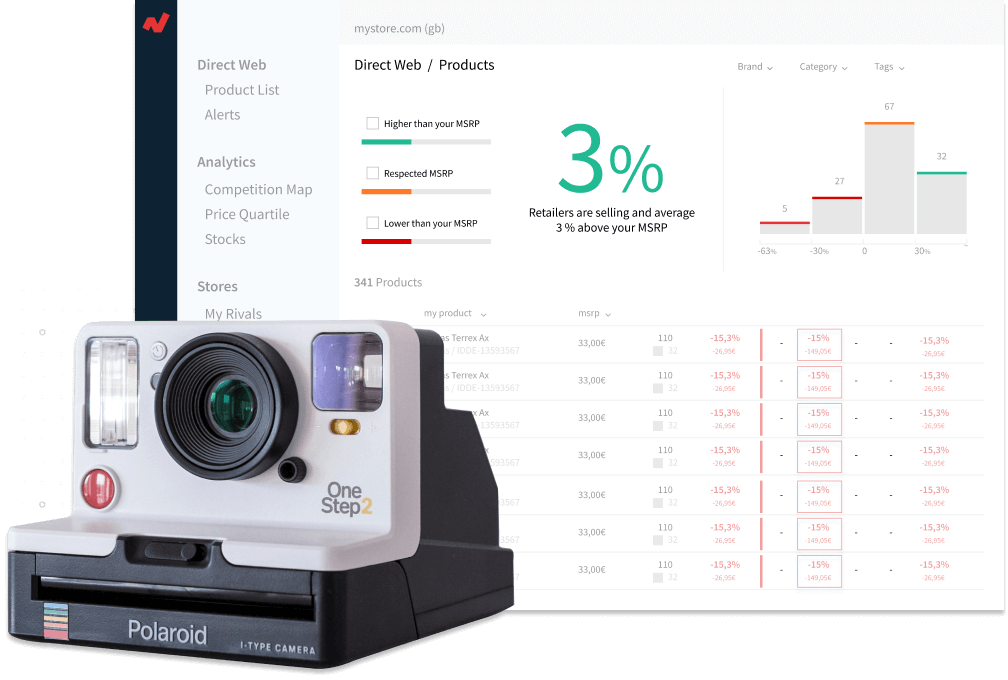PIM for ecommerce or as its initials indicate, Product Information Management, tries to manage, collect and maintain the information of the products or services that are part of an ecommerce catalogue. Nowadays it is practically impossible to manually process the images, descriptions and prices of all the products in a catalogue, even more so in today’s ever-changing online world, where you have to be constantly updating. However, continuous improvements in technology allow companies to save time and money in this type of task. With the implementation of PIM for ecommerce, they will be able to automate in a uniform and orderly way all the data related to their products and get it to their different distribution platforms in a more efficient way.
Why do you need PIM for ecommerce?
Whether you are a large, small or a growing company, PIM for ecommerce will be of great help to you when controlling and sorting your products data. It is especially advisable to implement PIM for ecommerce when you have a large number of products and recipients for the products information, when they must be grouped into several standards or when the product description is required in several languages.
There are numerous changes that you can benefit from by implementing PIM for ecommerce. Here are ten advantages that PIM can contribute to your ecommerce:
- Centralisation of information
- Optimisation of resources
- Ability to manage a large number of products
- Improved quality and reliability of your products data
- Continuous updating of the product catalogue
- Reduction of management costs and risks
- Quick and easy dissemination of your products in markets and distribution channels
- Avoid errors such as duplicated products
- Facilitates the search for product information
- Increased customer satisfaction
How to implement a PIM system
A PIM system is able to integrate with other company systems, it can be set up between the ecommerce product data sources, such as supplier data or to distribute this data, through channels such as web shops, applications, catalogues… Like everything else, in order to organise your ecommerce in an effective way and keep your products updated, it is necessary to use the right tools. A monitoring software such as Netrivals, which works through dynamic pricing, will allow you to manage not only your catalogue but also to compare it with your competitors’, allowing you to set prices adapted to the market.




